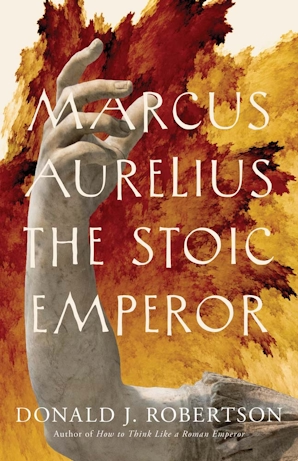I created this 14 page illustrated PDF handbook, with the help of two graphic designers. It connametains an overview of some of the main characters, events, and practical exercises, from my new book, and everyone is welcome to download a copy. How to Think Like Socrates is now available in hardback, ebook, and audiobook formats from all good bookstores.












